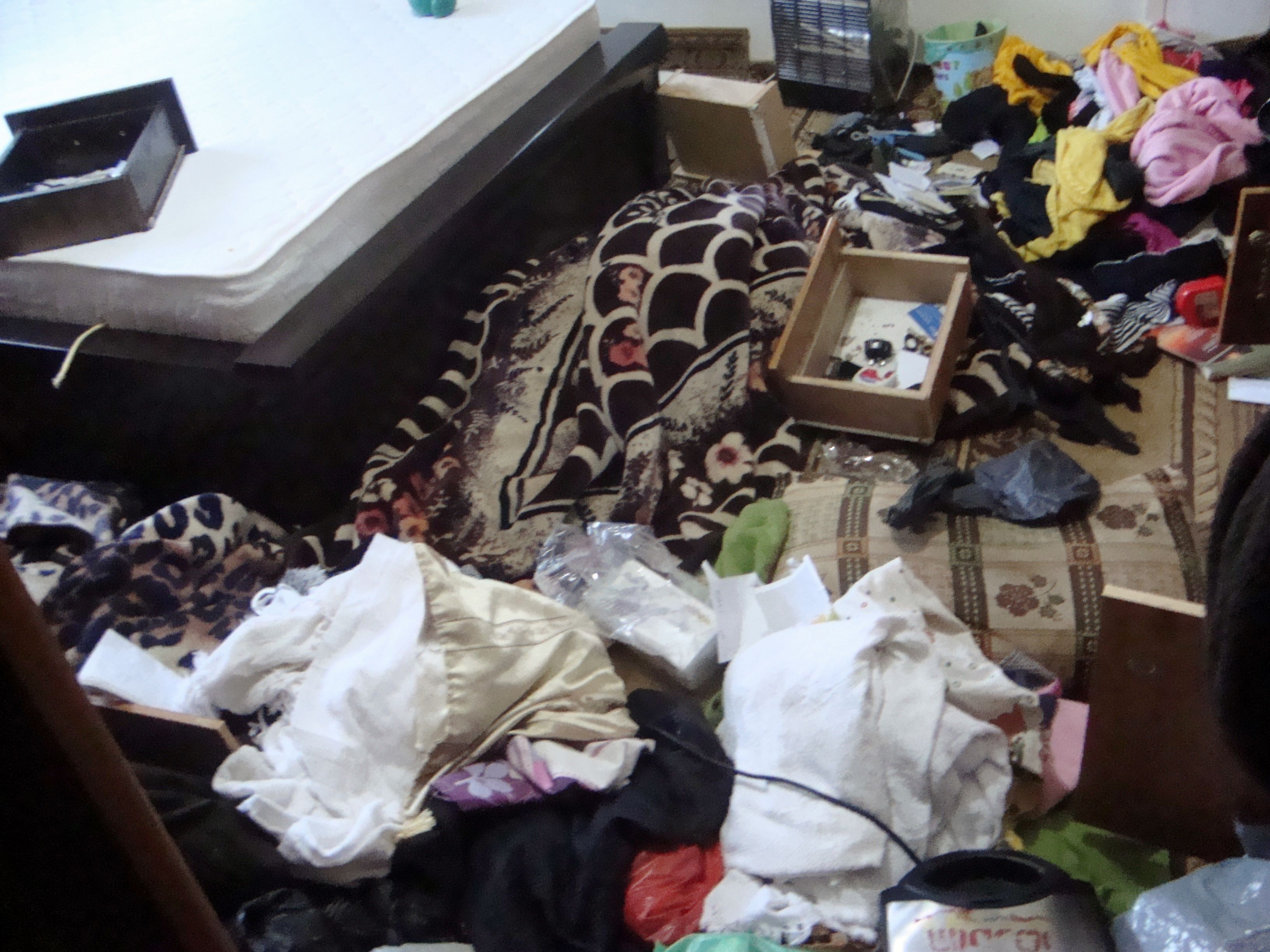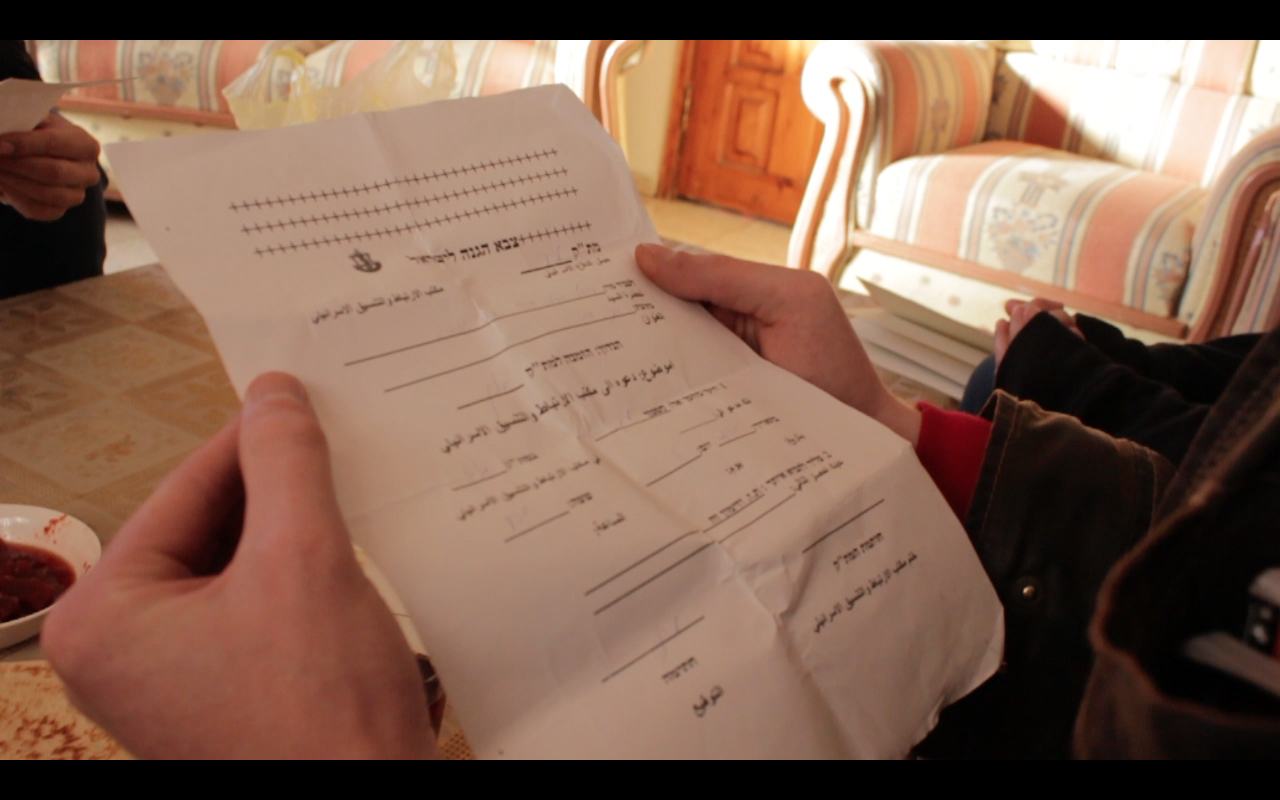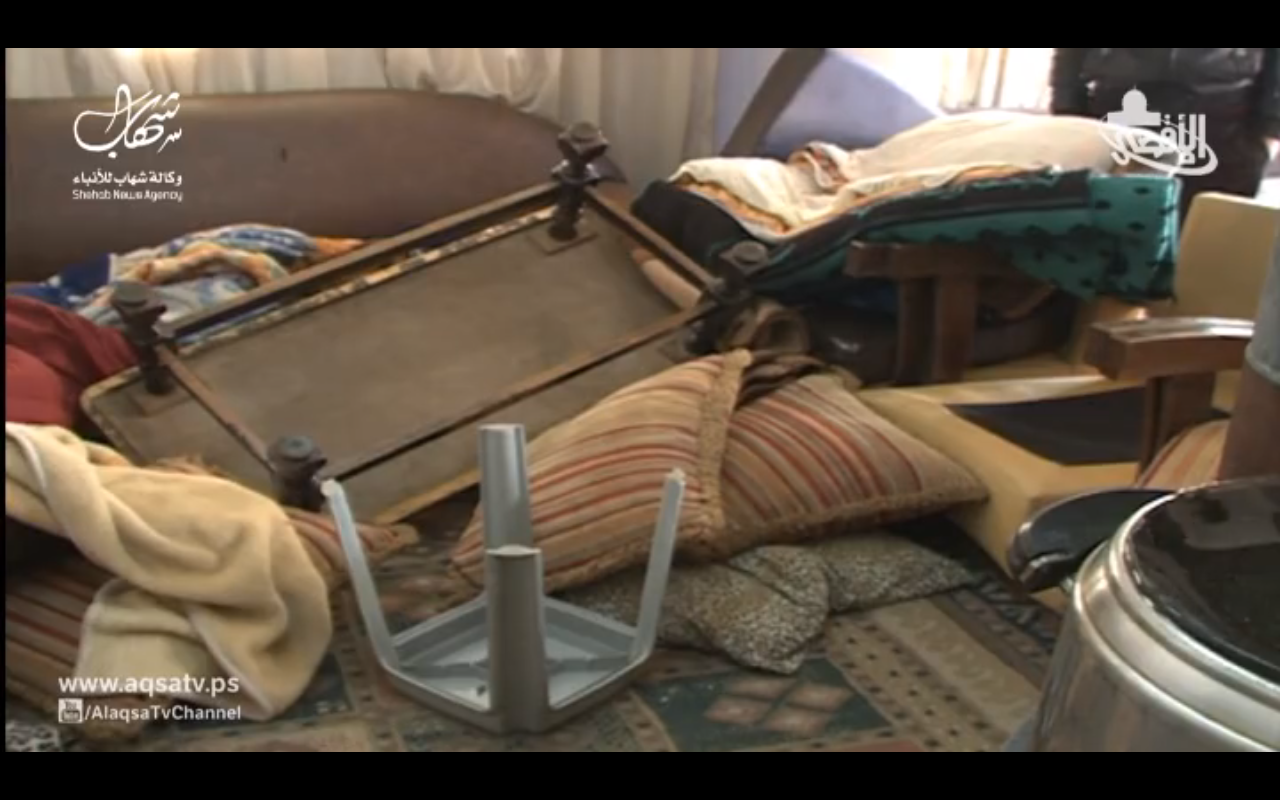Tag: Night Raid
-

Palestinian arrested in night raid on his family’s home
25nd January 2015 | International Solidarity Movement, Nablus Team | Bruqin, Occupied Palestine At around 4:00 AM on January 23, Israeli forces arrested 22-year-old Raja Sabra in the course of a violent raid on his family’s home in the Palestinian village of Bruqin. His father was awakened by noises coming from outside. Twenty to thirty…
-

“We will hit your wife, your daughter, and your kids”
22nd January 2015 | International Solidarity Movement, Khalil Team | Beit Ummar, Occupied Palestine Early Tuesday morning January 20, 2015 at 3:00 AM, Israeli occupation forces invaded the home of the Abu Maria family in the village of Beit Ummar. The occupation army used explosives to open the front door, surprising the sleeping family. This…
-

Night raid in Beit Ummar: arrests, violence and property destruction
18th January 2015 | International Solidarity Movement, Hebron team | Beit Ummar, Occupied Palestine Early Wednesday morning, January 14, 2015, a massive deployment of 400 Israeli occupation forces invaded the village of Beit Ummar, north of Hebron. From 2:00 – 5:00 am, the occupation forces invaded approximately 100 Palestinian homes, arresting 25 males and leaving notices for 15 additional…
